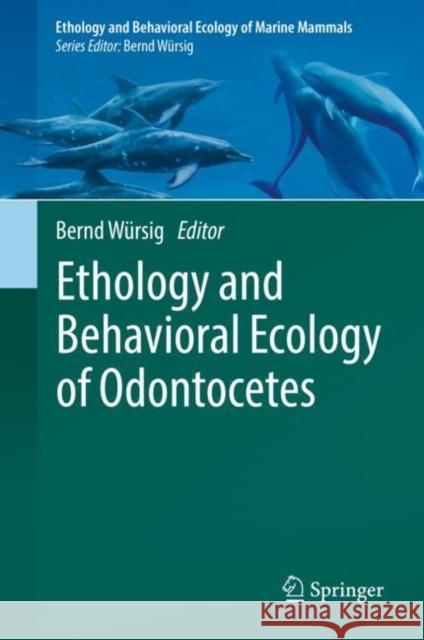Ethology and Behavioral Ecology of Odontocetes » książka
topmenu
Ethology and Behavioral Ecology of Odontocetes
ISBN-13: 9783030166625 / Angielski / Twarda / 2019 / 504 str.
Ethology and Behavioral Ecology of Odontocetes
ISBN-13: 9783030166625 / Angielski / Twarda / 2019 / 504 str.
cena 724,58
(netto: 690,08 VAT: 5%)
Najniższa cena z 30 dni: 693,97
(netto: 690,08 VAT: 5%)
Najniższa cena z 30 dni: 693,97
Termin realizacji zamówienia:
ok. 16-18 dni roboczych.
ok. 16-18 dni roboczych.
Darmowa dostawa!
Kategorie:
Kategorie BISAC:
Wydawca:
Springer
Seria wydawnicza:
Język:
Angielski
ISBN-13:
9783030166625
Rok wydania:
2019
Wydanie:
2019
Ilość stron:
504
Waga:
1.17 kg
Wymiary:
23.62 x 16.51 x 3.05
Oprawa:
Twarda
Wolumenów:
01











